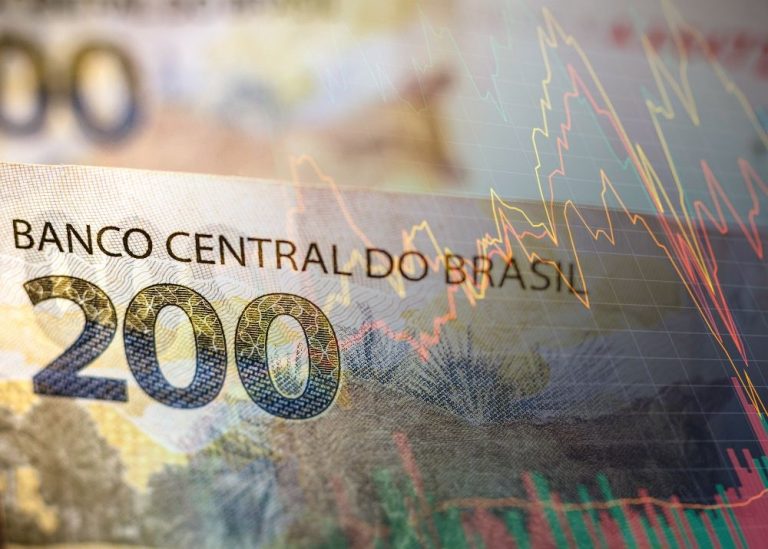Brazil’s central bank has issued a stark warning regarding the possibility of a prolonged cycle of interest rate hikes, emphasizing that inflation expectations could delay economic recovery and hinder stability.
This concern has arisen due to rising inflation forecasts, as well as mounting pressures from fiscal challenges, which have raised questions about the country’s ability to sustain long-term economic growth.
During its recent policy meeting on November 5-6, the central bank raised its benchmark interest rate by 50 basis points, bringing it to 11.25%.
This decision underscores the gravity of the situation as inflation expectations have drifted further away from the central bank’s target of 3%.
The minutes from the meeting revealed that the bank’s ability to manage inflation is crucial to determining future monetary policies and ensuring Brazil’s economic recovery.
Inflation challenges stem from a mix of domestic and external factors
A weak Brazilian real, which has fallen against the US dollar, has exacerbated inflationary pressures, particularly on imported goods.
Meanwhile, stronger-than-expected economic growth has further complicated the situation, catching analysts by surprise.
The labor market, though tight, has struggled to push wages higher, contributing to an inflationary cycle.
As a result, the central bank has focused on resetting market expectations to align with its inflation targets, which is seen as essential to restoring economic stability.
Brazil’s fiscal health remains a significant worry
President Luiz Inácio Lula da Silva’s administration has faced increasing scrutiny over its management of public spending.
Economists and market investors are closely watching the government’s efforts to curb spending while implementing necessary fiscal reforms.
However, Lula’s administration has struggled to finalize a fiscal package that would address these issues, adding uncertainty to the country’s economic outlook.
Despite discussions with economic advisors, the lack of concrete plans has worsened investor sentiment.
The central bank has stressed the importance of implementing long-term fiscal regulations to rebuild confidence in Brazil’s economic framework.
Limiting public spending and introducing structural reforms are seen as vital steps toward improving Brazil’s medium- and long-term growth prospects.
By fostering more disciplined fiscal policies, Brazil could stabilize its finances, reduce risk premiums, and foster better resource allocation.
Brazil’s economic recovery is also being shaped by external factors, particularly changes in the global economy.
The Brazilian central bank has expressed concerns about the pace of disinflation in the United States, warning that US economic policies—ranging from fiscal stimulus to labor market shifts—could have ripple effects on Brazil’s inflation management.
These global changes may complicate the Brazilian central bank’s task of stabilizing inflation, particularly as inflationary pressures persist both domestically and internationally.
As Brazil faces these challenging economic conditions, the central bank’s warnings about potential rate hikes reflect a firm stance on controlling inflation.
Prolonged interest rate increases could impact consumer spending, investment, and broader economic development.
Given the country’s fiscal and inflationary hurdles, the government’s ability to implement strategic fiscal reforms will play a crucial role in determining Brazil’s economic resilience in the years to come.
The post Brazil’s central bank warns of prolonged rate-hike cycle amid rising inflation concerns appeared first on Invezz

